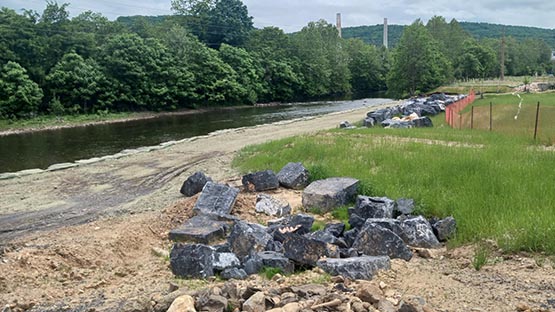
Approximately 20 percent of new businesses fail in the first year and inflation is making entrepreneurship even more difficult right now.
Personal-finance website WalletHub released its report on 2023’s Best & Worst States to Start a Business.
WalletHub compared the 50 states across 27 key indicators for startup success. Data includes financing accessibility, the percentage of residents who are fully vaccinated against COVID-19 and office space affordability.
Virginia is the ninth worst state in the United States to start a business with below average scores on office space affordability, labor costs, availability of human capital and industry variety. The Commonwealth, however, scored better than average on average growth in number of small businesses and almost better than average in cost of living.
According to the report, the best state to start a business is Utah, followed by Florida, Texas, Colorado and Idaho. The worst states are Alaska, Connecticut, West Virginia, New Jersey and Rhode Island.
WalletHub asked experts for their opinion on the best industries for starting a business in 2023, and the states most likely to see an increase in start-ups.
“According to the United States Census Bureau, the top 5 states in numeric growth (2021 to 2022) are Texas, Florida, North Carolina, Georgia and Arizona,” Dr. Jae Hyeung Kang, associate professor at Oakland University, said. “Although there might be various entrepreneurial opportunities in different industries and states, I think that the automotive industry will continue to make a big transformation from the internal combustion engine to electric cars. There could be three major sectors in the automotive industry such as connected cars, autonomous driving, and electric vehicles. Each sector can be jointly developed by collaborating with big companies and high-tech startups. I expect that high-tech startups advancing in the automotive industry are likely to experience entrepreneurial growth.”
Dr. Donald Bruce is director of the Boyd Center for Business & Economic Research and professor at The University of Tennessee. He offered opinion on the extent that state policies influence decisions about whether and where to start a new business.
“Tax rates and other state-level tax policies certainly influence business startup and location decisions, but the latest research suggests that other issues are at least as important. Business owners care more about access to suppliers and markets, transportation and communications infrastructure, amenities like parks and good schools for their employees, and supportive business policies other than taxes,” Bruce said.
Richard Ryffel, professor of finance practice at Washington University in St. Louis said that state tax and regulatory policies influence new business creation.
“Lower tax rates, more favorable workplace rules and reduced licensing and permitting burdens, are examples of policies that would be favorable to business creation. That said, many entrepreneurs start new businesses in locations with which they are most familiar and based on other non-financial factors, such as where they live, where their network is strongest, and where the obvious market is. So, placed-based businesses, like retail establishments, may be less impacted by local policies. However, businesses that cater to a geographically broad market would be more likely to ‘shop’ for the optimal location. Further, established businesses looking to expand might expand or relocate entirely based on the relative favorability of the local business climate. Recently, Texas, for example, has been the beneficiary of some significant business relocations based on its business-friendly policies,” Ryffel said.
What measures can state authorities undertake in order to encourage entrepreneurs to start new businesses in their state?
“The main approach should be to provide a pro-business tax and regulatory environment that is viewed as fair and efficient for all taxpayers. Broad tax bases and low tax rates can raise the same revenue as narrow bases that result from carve-outs and incentives for a small number of businesses (which necessarily require higher tax rates on other taxpayers). Business startup decisions should be based on supply and demand, not tax breaks. Providing a fertile environment for all businesses will inevitably result in a more entrepreneurial climate with more startup activity,” Bruce said.
Ryffel said that policymakers should be aware not to erect barriers to business formation such as tax and regulatory policies.
“Beyond that, ensuring that the local business ‘ecosystem’ is favorable to business formation is key. This would include investments in infrastructure and education, concentrating on fostering key industry clusters and encouraging collaboration amongst businesses, government, not-for-profits, and academia,” Ryffel said.










